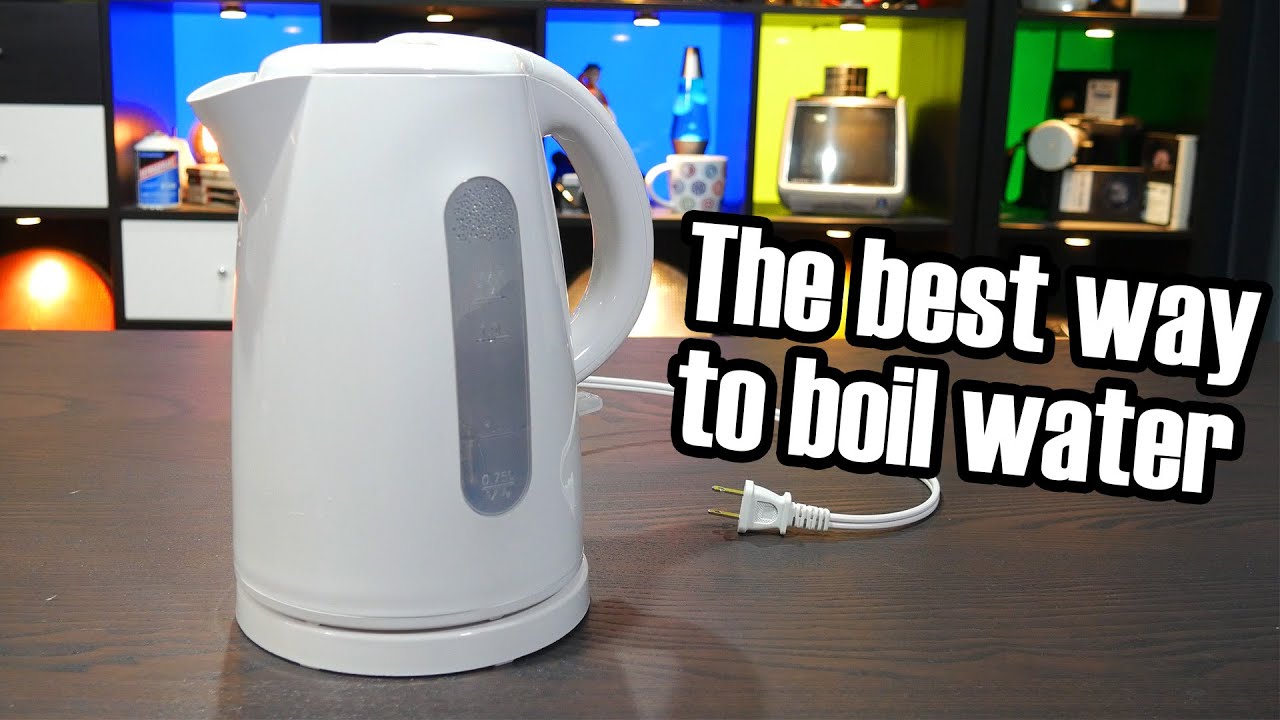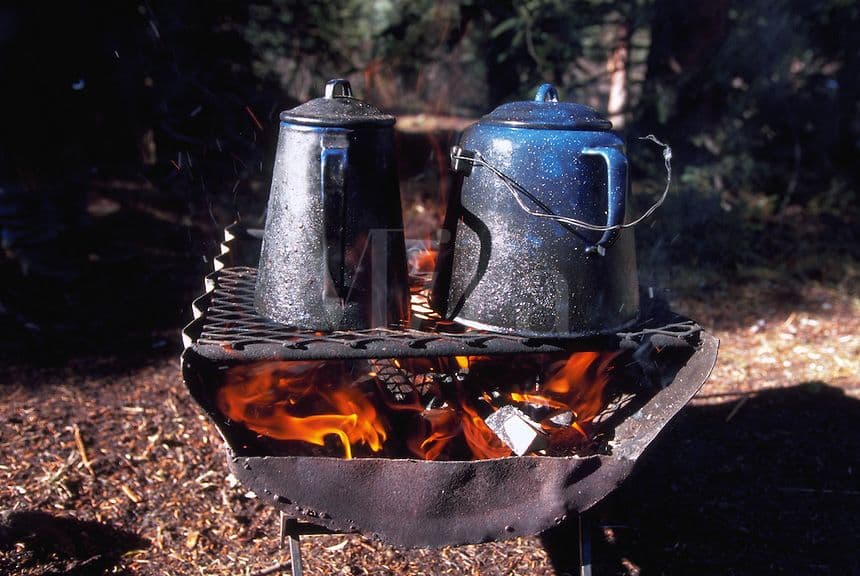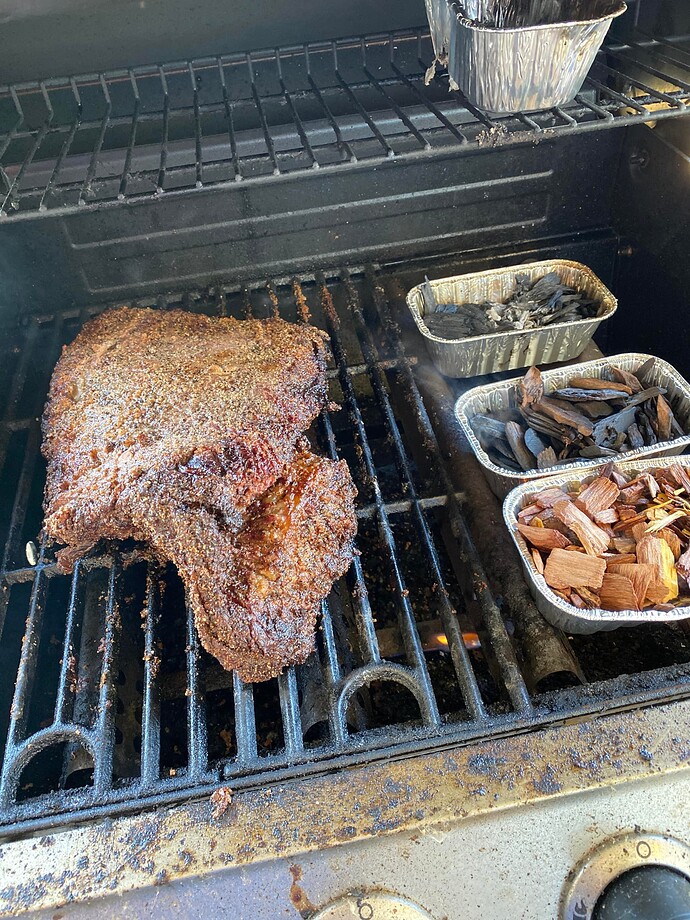I disagree with the conclusion in this video. I think the anæmic 120 volt power used in North America has a lot to do with these convenient and efficient appliances being so rare there. There’s a big difference between having boiling water any time you want in 90 seconds as opposed to two minutes and change.
If I had 24 minutes & 54 seconds to spare, I might watch that video. However, a wander through any Walmart or equivalent store will show there is a good market for electric kettles in the US; they are hardly rare. The market may be smaller than in benighted England because of the prevalence of coffee drinking in the US rather than tea – a cultural difference which apparently goes back to the Boston Tea Party.
For people who do want boiling water, I wonder about the relative efficiency of burning gas on a stove top to heat a kettle directly versus burning that gas in a distance power station, transmitting the power (with losses) through long distance transmission lines and transformers, and then using an electrical element in a kettle. Intuitively, the relative efficiency seems clear, especially if we include the energy costs of manufacturing the transmission lines.
Almost everything in this world involves trade-offs. The higher voltages used in many European countries require bulkier cables, which can be awkward in tiny European kitchens. And the higher voltages do carry some additional risks to health when things go wrong. But overall a country can manage fine with either higher or lower voltages.
The video demonstrates that heating a kettle with a gas stove is very inefficient (and slow) for the simple reason that only a fraction of the heat of the flame is transferred to the kettle, with most of it simply passing around the sides and heating up the room. This inefficiency is probably more than enough to compensate for roughly 40% end-to-end efficiency of generating electricity from natural gas, sending it across the grid, and turning it back into heat at the point of use.
A kettle on an electric stove burner about the same size as the flat bottom of the kettle is substantially more efficient, since a larger fraction of the heat goes into the kettle.
Actually, the higher voltage means you do not need as thick and stiff wires as you do with 120 volt power, since you can deliver the same energy with half the current. This makes a big difference when wiring a house, since you can use a lighter gauge wire for lighting and utility circuits.
I use a Braun electric kettle to boil 6 X 6 oz cups of water each morning for French press coffee. I bought it maybe 10 years ago because of an experience with electric kettles in my beloved Switzerland, where the water boils “schnell” in a cheap kettle! "Schnell "was how long it took to register the error I had made in not taking into account the difference in voltage - 240 in Zurich vs 120 in the Pitts-burgh. I couldn’t bring myself to throw it away, so I continue to use it Braun makes durable products. I have compared the time to boil the same quantity of water in the kettle vs. the “rapid boil” plate on my electric 240 volt stovetop. The stove just about halves the time.
The real thing to do today is to use an induction stove. You can boil water real quick when you are hooked up to 50 AMPs at 240v and driving a element at 3,100 Watts.
You guys are all making your coffee wrong. First, how are you going to be prepared for the coming calamity? Second, it actually does taste a hell of lot better because it puts a bit of smoke on your coffee.
And believe me, smoke makes everything better.
That is true in principle. However, the cables I have seen for electric kettles in Europe tend to be thicker and less bendy than those I have seen for electric kettles in the US. But maybe there are other factors involved.
Anyway, the whole idea of having a cup of tea is to slow down & relax. No need to get competitive about how fast the water boils. ![]()
The same principle does not apply to coffee - as when the arousal centers of my brain are screaming for raising the blood level of caffeine every morning.
Most people I know in the US use electric kettles. We’ve been using one for at least 20 years. My only complaint is that our kettle doesn’t whistle like my stovetop kettle of old.
And the coffee is using a renewable green energy source. Certainly there is a tax credit to be had or a bump up for your initial social credit score.
Electric kettles are very popular in Canada, so the 120V issue is probably a smaller factor.


